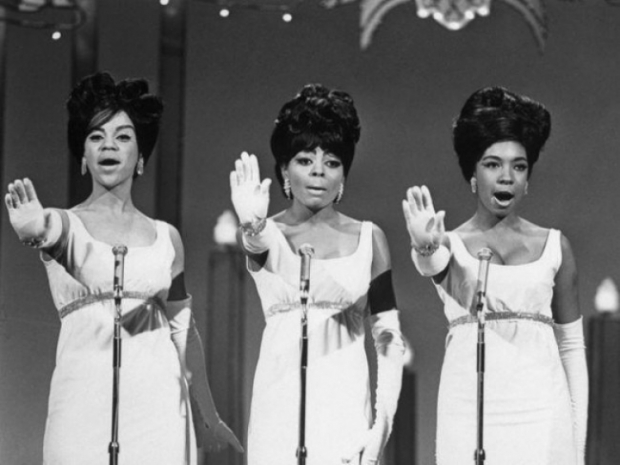In a ruling which should have some rather unpleasant effects for the printer companies, and knock on effects for the IT industry, the Supremes said no to Lexmark.
Lexmark has spent nearly 20 years fighting the war on carbon, trying to stop you from refilling your laser printer cartridges. In 2003, it attempted to use the DMCA and DRM to argue that it was an act of piracy and then in 2015, it went all the way to the Supreme Court with the idea that you were violating their patent licence terms if you treated the cartridges you bought as though you owned them.
However, the Supremes told Lexmark it was wrong. It ruled that when a patent holder "chooses to sell an item, that product is no longer within the limits of the monopoly and instead becomes the private individual property of the purchaser, with the rights and benefits that come along with ownership".
The Court also rejected the argument, raised perennially by rightsholders, that they are entitled to profit via the business model of their choosing, even if that business model requires an expansive reading of the patent or copyright monopoly they enjoy.
It means that ownership of a patent or copyright should not be a hunting licence that allows an owner to control and destroy any business that threatens their profits.
The Court explained that people who buy things are allowed to use and resell them without being sued under patent and copyright law, and explained that this freedom is necessary for commerce to function.
Consumer groups say that once the courts to recognise that people who buy digital goods are owners of those goods, not mere licensees, and can resell and tinker with their digital goods to the same extent as purchasers of tangible property.
But that will be another day in court.




